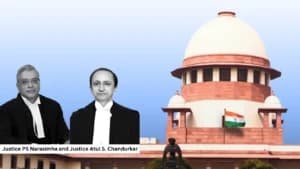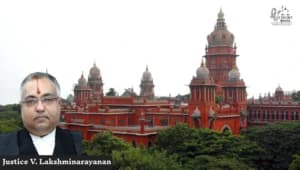In a landmark decision, the Orissa High Court on March 3, 2025, permitted the medical termination of a 26-week pregnancy for a 13-year-old rape victim. The minor, who suffers from sickle cell anaemia and epilepsy, was deemed unfit to carry the pregnancy to term due to severe health risks. The court emphasized that forcing a child into motherhood would impose an "unbearable burden" on her physical and mental well-being.
Case Background
The victim, referred to as 'X,' is a 13-year-old girl from the Scheduled Tribe (ST) community in Phulbani district. She was repeatedly raped in August 2024 but did not disclose the assault out of fear. Later, she experienced irregular menstrual cycles, body pain, and abdominal pain, prompting her mother to take her to a doctor. It was then discovered that she was six months pregnant, surpassing the 24-week limit for abortion under the Medical Termination of Pregnancy (MTP) Act, 1971.
Read Also:- Orissa High Court Issues SOP for Medical Termination of Pregnancies to Address Delays and Fear of Criminal Liability
An FIR was filed under relevant sections of the Bharatiya Nyaya Sanhita and the Protection of Children from Sexual Offences (POCSO) Act. Medical examinations confirmed her pregnancy and underlying health conditions, including sickle cell anaemia and epilepsy. Doctors warned that carrying the pregnancy to term could pose life-threatening risks to the minor.
The High Court, led by Justice Sanjeeb Kumar Panigrahi, directed the formation of a Medical Board to assess the risks associated with the pregnancy. The Board unanimously concluded that continuing the pregnancy would severely endanger the victim’s life and mental health. The court cited precedents like K.S. Puttaswamy v. Union of India (2017) and X v. Union of India (2023), reaffirming that reproductive choices and bodily autonomy are protected under Article 21 of the Constitution.
Justice Panigrahi remarked:
“Forcing a thirteen-year-old to carry a pregnancy to term would place an unbearable burden on her body and mind, one that she is neither prepared for nor capable of bearing. While termination is not without risk, it prevents the far graver consequences of childbirth and forced motherhood at an age where such responsibilities are unthinkable.”
The court highlighted that the pregnancy resulted from rape, which inherently causes grave mental anguish. Additionally, the victim’s medical conditions increased the likelihood of severe complications. The judge emphasized that the decision to terminate must rest with the individual, even if exercised by a guardian in the case of a minor.
The Court stated:
“A society that views abortion solely through the lens of regulation fails to grasp its deeper significance. It is, above all, a matter of individual conscience and personal liberty, the kind of liberty that a just and democratic state must not only recognize but actively protect.”
The court ruled that the case fell within the permissible grounds for termination under Section 3 of the MTP Act. It noted that the law must prioritize dignity and justice, especially in cases involving rape survivors.
Justice Panigrahi added:
“The role of the medical profession is not to dictate but to guide, to offer counsel where health is at stake, to intervene where risk arises, but never to stand as an obstacle between a person and their right to bodily autonomy.”
The court concluded that denying the termination would be a greater evil, given the risks to the victim’s life and well-being. It directed the authorities to ensure the procedure was carried out without delay.
Case Title: X v. State of Odisha & Ors.
Case No: W.P.(C) No. 5396 of 2025
Date of Judgment: March 3, 2025
Counsel for the Petitioner: Mr. Arnav Behera & Ms. Ankita Mukherji, Advocates
Counsel for the Respondents: Mr. Saswat Das, Addl. Govt. Advocate














